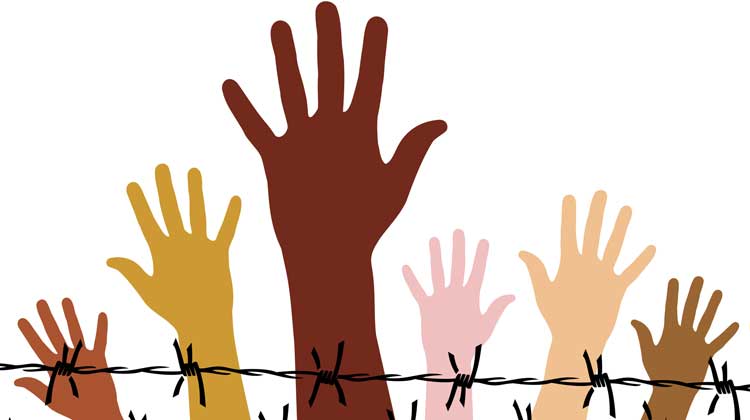
Human rights violations are often the root cause of domestic, regional, and international conflict.[1] Whether it is discrimination based upon religion, ethnic minorities, race or national origin, the genesis of war is often found in the systematic denial of human rights. This year, U.S. Secretary of State Rex Tillerson stated: “Promoting human rights and democratic governance is a core element of U.S. foreign policy. These values form an essential foundation of stable, secure and functioning societies. Standing up for human rights and democracy is not just a moral imperative, but is in the best interests of the United States in making the world more stable and secure.”
What the Secretary’s words reflect is that addressing human rights globally is not just a form of idealism, rather it is a critical component of a state’s national security. Foreign policy leaders and scholars such as Daniel Mahanty in The National Interest has increasingly recognized the critical intersection of human rights and national security: “To think that torture, prisoner abuse, extrajudicial killings, rape, political detentions, and excessive use of lethal force by police are irrelevant to our security interests is not only an odd proposition on its surface, but entirely contrary to our national experience.”[2] In this short piece, I argue two main points: 1) International relations scholars and practitioners have traditionally undervalued human rights as a critical aspect of security policy and 2) Academics have a great deal of potential to collaborate with policy makers in creating a more strategic approach to choosing tools for promoting human rights and democracy in international engagements.
As background, addressing human rights in foreign policy is a relatively new public policy. Before World War II, leaders historically turned a blind eye to how people were treated by their own governments. Raising human rights concerns in another country formerly was seen as meddling in domestic affairs, and a breach of sovereignty.
Read the full column at In Homeland Security.